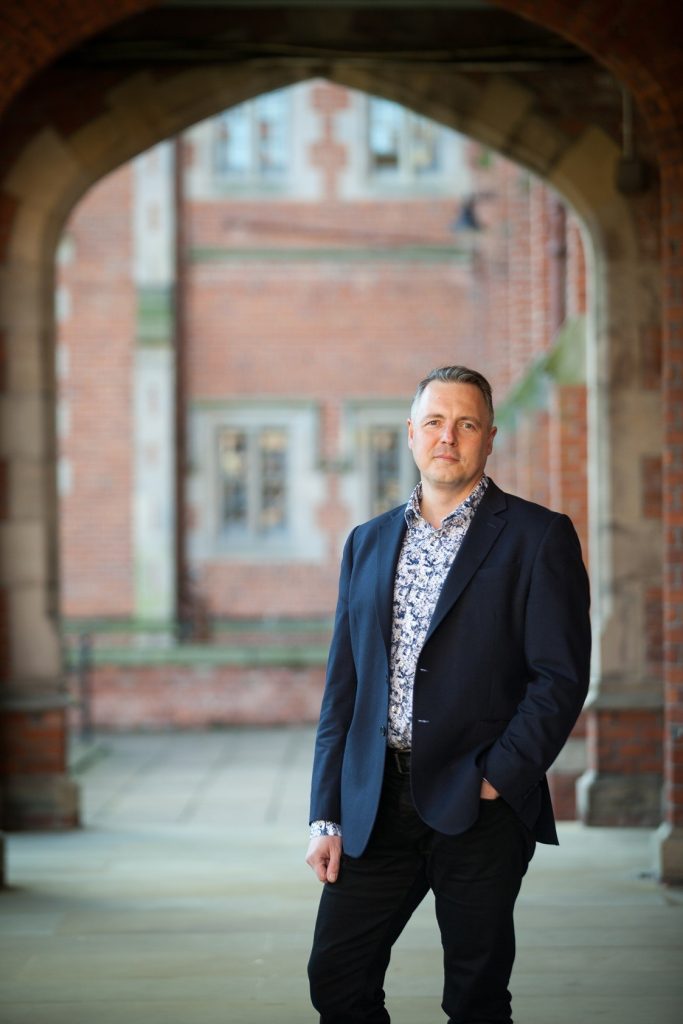
Han Kang, the winner of the Nobel Prize in Literature in 2024, closed her lecture at the Swedish Academy in Stockholm with the following personal reflection: “When I write, I use my body. I use all the sensory details of seeing, of listening, of smelling, of tasting, of experiencing tenderness and warmth and cold and pain, of noticing my heart racing and my body needing food and water, of walking and running, of feeling the wind and rain and snow on my skin, of holding hands. I try to infuse those vivid sensations that I feel as a mortal being with blood coursing through her body into my sentences. As if I am sending out an electric current. And when I sense this current being transmitted to the reader, I am astonished and moved. In these moments I experience again the thread of language that connects us, how my questions are relating with readers through that electric, living thing”.
Kang’s account of writing powerfully resonates with similar depictions of translating that have become prominent in the last several decades (e.g. Robinson 1991, 2017; Marais 2019; Blumczynski 2023; Campbell and Vidal 2024, 2025; Vidal 2024, 2025, 2026), drawing strongly on themes of materiality, embodiment, and sensory/sensuous experience. This “material turn” (or a series of turns, as signalled in the theme of this conference) is worth highlighting: language is not just a system or a code, but rather a form of energy: a tide, a flow, a current. But what is really remarkable in Kang’s narrative is that the reality of embodied organisms, including humans, is enmeshed with the reality of machines. “Electric” and “living” in Kang’s view are not mutually exclusive but rather entangled categories. Starting from this premise, and querying the notion of artificial intelligence itself, this lecture will explore some implications of theorising and practicing translation as a complex sensory experience that is both unsettling and reassuring. It will be argued that recognising and embracing the full spectrum of translational experience – or, to reverse this image, experiencing translationality – allows us to reimagine what it might mean to translate in the age of AI.
VIDEO: https://youtu.be/qmj5dHjz5wg?si=y4yMoQ2SdxfmSJfB

Bio: Piotr Blumczynski is Professor of Translation and Intercultural Studies at the Centre for Translation and Interpreting, Queen’s University Belfast, where he teaches on postgraduate programmes and supervises doctoral research. He is the author of Ubiquitous Translation (Routledge 2016) and Experiencing Translationality (Routledge 2023), and co-editor of Translating Values (Palgrave Macmillan 2016) and The Languages of Covid-19 (Routledge 2023). He is a member of the advisory board of the Nida Centre for Advanced Research on Translation in Rimini, Italy. In 2022–2024 he is co-directing the international research project “MISTE: Multilingual Island: Sites of Translation and Encounter”. He is the Editor-in-chief of the journal Translation Studies.